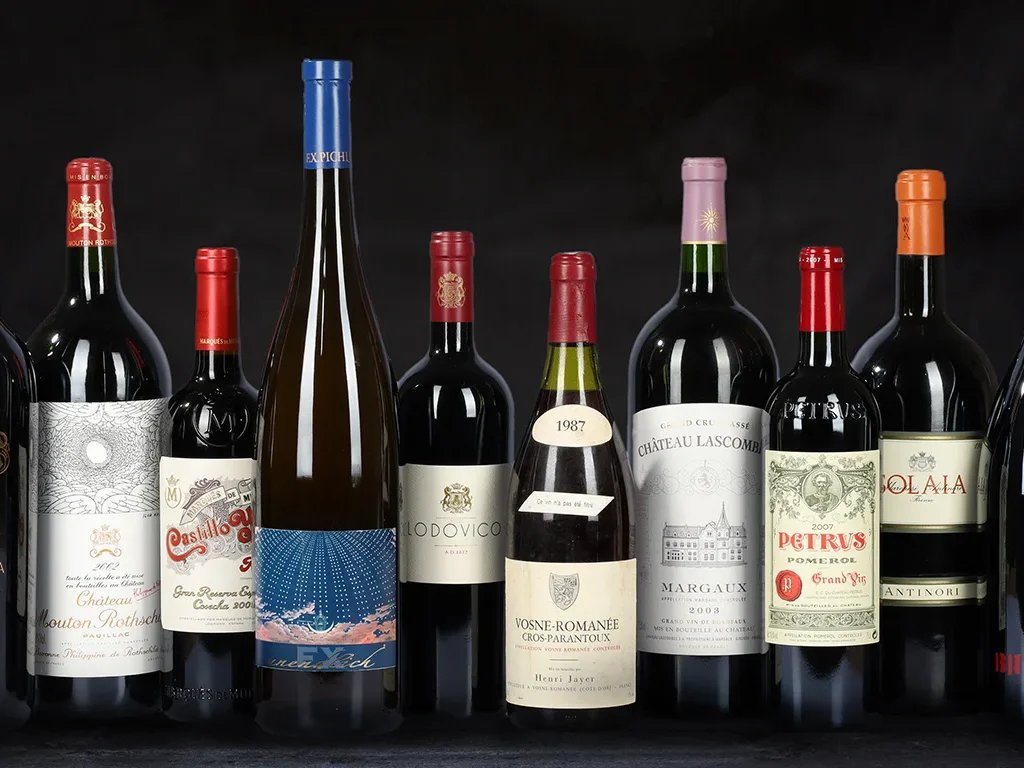Producers agree to change label on King William drink
Regulator rules that King William Fortified Wine labelling ‘created a clear link to sectarianism’.
A row over the name and labelling of an alcoholic drink launched in the west of Scotland has seen King William Fortified Wine described by a regulator as “divisive and inflammatory” in some communities.
The bottle’s label has a depiction of King William III on horseback along with what was described as the “unusual presentation” of the ABV of the drink as 16.90 per cent – the 16.90 alcohol content appearing on the bottle five times: 1690 was famously the year that the Battle of the Boyne took place near Drogheda in Ireland, when William III claimed victory over James II and VII, the last catholic king of England, Scotland and Ireland.
The producer of the wine, Belcondie, based in St Helier in Jersey, claimed the repeated 16.90 references related both to the alcohol content and to the 1690 Distilling Act, but the independent panel agreed it was “far more likely” to be understood to relate to the year of the battle – an event that is still celebrated in some communities to this day.
The panel that made the ruling is from the Portman Group, which regulates alcohol packaging and promotion in the UK, and it made clear that in some communities, King William is intrinsically linked to sectarianism, especially in Scotland and Northern Ireland. Belcondie has agreed to work with the panel on the label, which it has agreed to change.
“The overall impression of a product should always be considered carefully and, in this instance, it was a combination of elements that when considered together, created a clear link to sectarianism in a manner that could still be considered divisive and inflammatory today,” said Nicola Willams, chair of the Independent Complaints Panel at the Portman Group.
“I welcome the producer’s intention to make changes to the product packaging and encourage other producers to note how a combination of factors can lead to a breach of the code.”
A spokesman for the company told the Scottish Sun: “We live in a world where people seem to be able to be offended by anything they choose. We are astonished some consider a number could cause serious offence however we are delighted that the Portman Group agreed with our arguments against the other points raised by the complainant as to the use of King William’s name and images of him on his famous white charger as being considered seriously offensive.”












